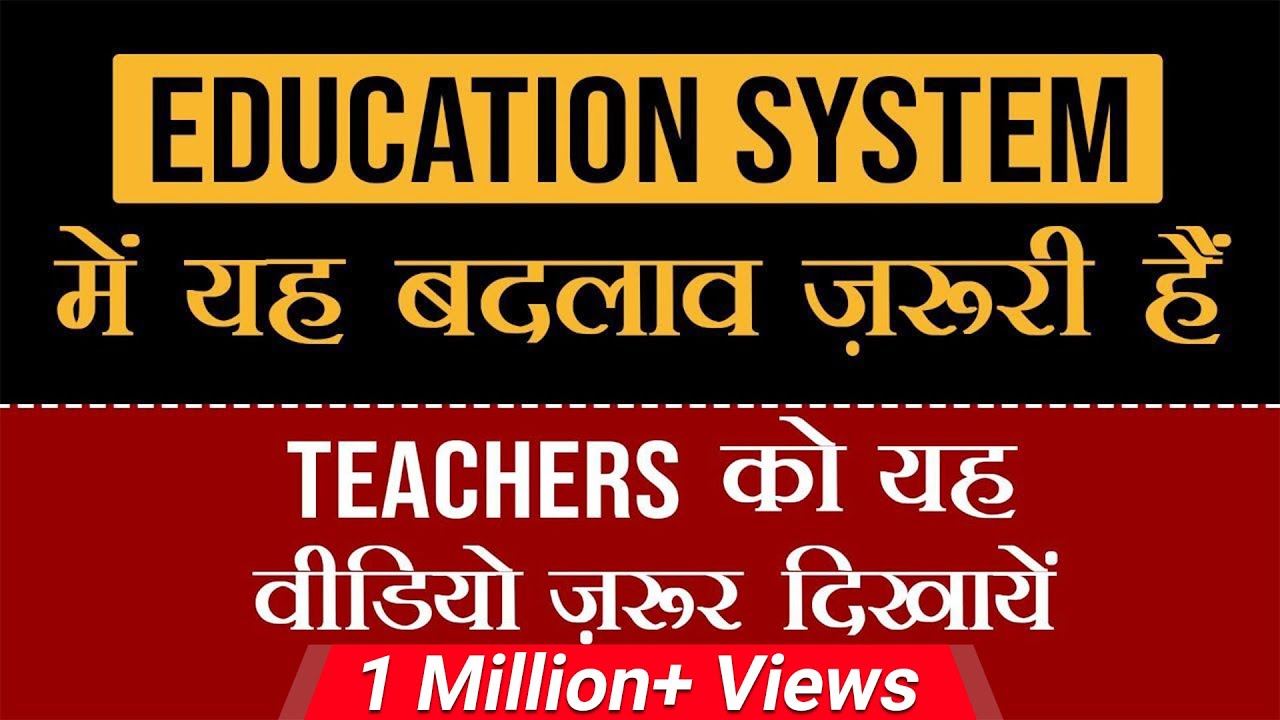ทักษะในศตวรรษที่ 21
Summary
TLDRThe transcript emphasizes the need for a shift in educational approaches to meet the demands of the 21st century. It critiques traditional methods that focus on rote memorization, proposing instead that children develop skills in creativity, critical thinking, problem-solving, and collaboration. The concept of Project-Based Learning (PBL) is highlighted as a means to help students learn through real-world projects, with teachers acting as coaches rather than knowledge dispensers. The importance of life skills, adaptability, and learning how to learn is central to preparing children for a rapidly evolving world.
Takeaways
- 😀 Children today have access to vast amounts of knowledge, but the focus should be on teaching skills rather than just memorizing information.
- 😀 The IT era is rapidly changing the way we learn, and knowledge is growing at an accelerating rate, particularly in fields like medicine.
- 😀 We should encourage children to develop learning skills, which include critical thinking, problem solving, and creativity.
- 😀 In addition to core subjects, children should also be taught life skills that will prepare them for the 21st-century world, such as financial literacy and environmental health knowledge.
- 😀 Teaching should focus on three main skill areas: life and work skills, learning skills, and information and media skills, which are necessary for future success.
- 😀 The modern approach to teaching should prioritize learning by doing, where students engage in projects that allow them to practice skills in real-world contexts.
- 😀 Project-based learning (PBL) is an effective method where teachers act as coaches, helping students develop through hands-on experiences and collaboration.
- 😀 Teachers should be trained not just to impart knowledge but to facilitate learning by encouraging students to explore and create.
- 😀 Education in the 21st century requires flexibility, adaptability, and a shift in focus from knowledge acquisition to skill development.
- 😀 Professional Learning Communities (PLCs) allow teachers to collaborate and share knowledge, ensuring that learning is tailored to each student’s context and needs.
- 😀 The future of education in Thailand, and globally, lies in transforming traditional teaching methods and embracing modern learning paradigms like PBL and critical thinking.
Q & A
What is the main difference between the children of the old generation and those of the new era?
-The main difference is that children today have access to vast amounts of information and knowledge, making learning in the new era much more complex. Children are more interested in practical knowledge and can make their own learning choices.
Why is it essential to adapt teaching methods to the 21st century?
-In the 21st century, the rapid increase in knowledge means that traditional teaching methods, which focus on memorizing vast amounts of information, are no longer effective. Students need to develop learning skills, adaptability, and the ability to innovate and solve problems.
What is the role of teachers in the 21st-century education system?
-Teachers in the modern education system act more as coaches or guides, helping students develop critical skills through practical learning methods like Project-Based Learning (PBL), rather than simply imparting information.
What is Project-Based Learning (PBL) and how does it help students?
-Project-Based Learning (PBL) is an approach where students learn by working on real-world projects. This method enhances communication, creativity, teamwork, and problem-solving skills, as students engage in hands-on tasks and collaborate to find solutions.
What are the three essential skills students need to develop for success in the 21st century?
-The three essential skills are life and work skills (flexibility, creativity, social skills), learning and innovation skills (critical thinking, problem-solving, communication), and information and media skills (effective use of technology and media).
Why is it important to focus on skills rather than just knowledge in education?
-Focusing on skills helps students to become lifelong learners who can adapt to new information and challenges. It prepares them to think critically, collaborate, and innovate, which are crucial abilities in a rapidly changing world.
What is the significance of life skills in education for the 21st century?
-Life skills such as adaptability, creativity, and teamwork are critical for students to navigate the complexities of modern life. These skills ensure that students are not only knowledgeable but also prepared to work in diverse environments and tackle real-world challenges.
What does the script suggest about traditional homework and its effectiveness in modern education?
-The script suggests that traditional homework, focused solely on rote learning, is less effective. Instead, long-term, project-based assignments that involve teamwork and collaboration are more beneficial, as they help students engage deeply with the material.
What is the importance of Professional Learning Communities (PLCs) for teachers?
-PLCs are groups of educators who collaborate to design and improve learning experiences. By working together, teachers can better tailor education to the needs of each student, share best practices, and continuously improve their teaching methods.
How does the script explain the role of inspiration in student learning?
-Inspiration is described as a key element in motivating students. When students are inspired, they gain the energy and passion necessary to engage fully in their learning process, which helps them succeed both academically and personally.
Outlines

This section is available to paid users only. Please upgrade to access this part.
Upgrade NowMindmap

This section is available to paid users only. Please upgrade to access this part.
Upgrade NowKeywords

This section is available to paid users only. Please upgrade to access this part.
Upgrade NowHighlights

This section is available to paid users only. Please upgrade to access this part.
Upgrade NowTranscripts

This section is available to paid users only. Please upgrade to access this part.
Upgrade NowBrowse More Related Video
5.0 / 5 (0 votes)





